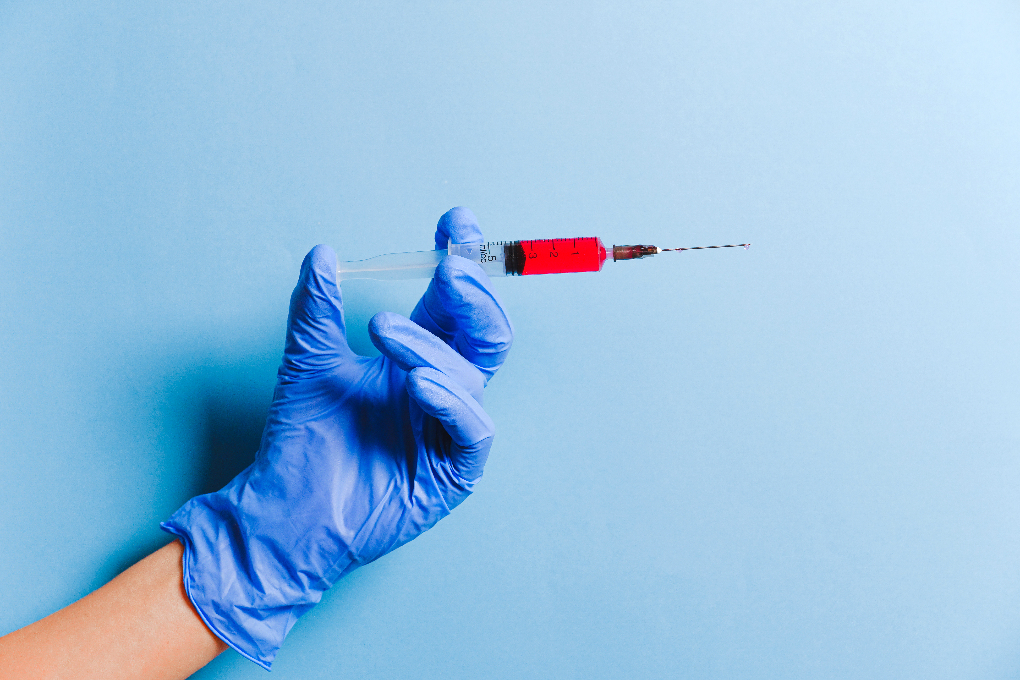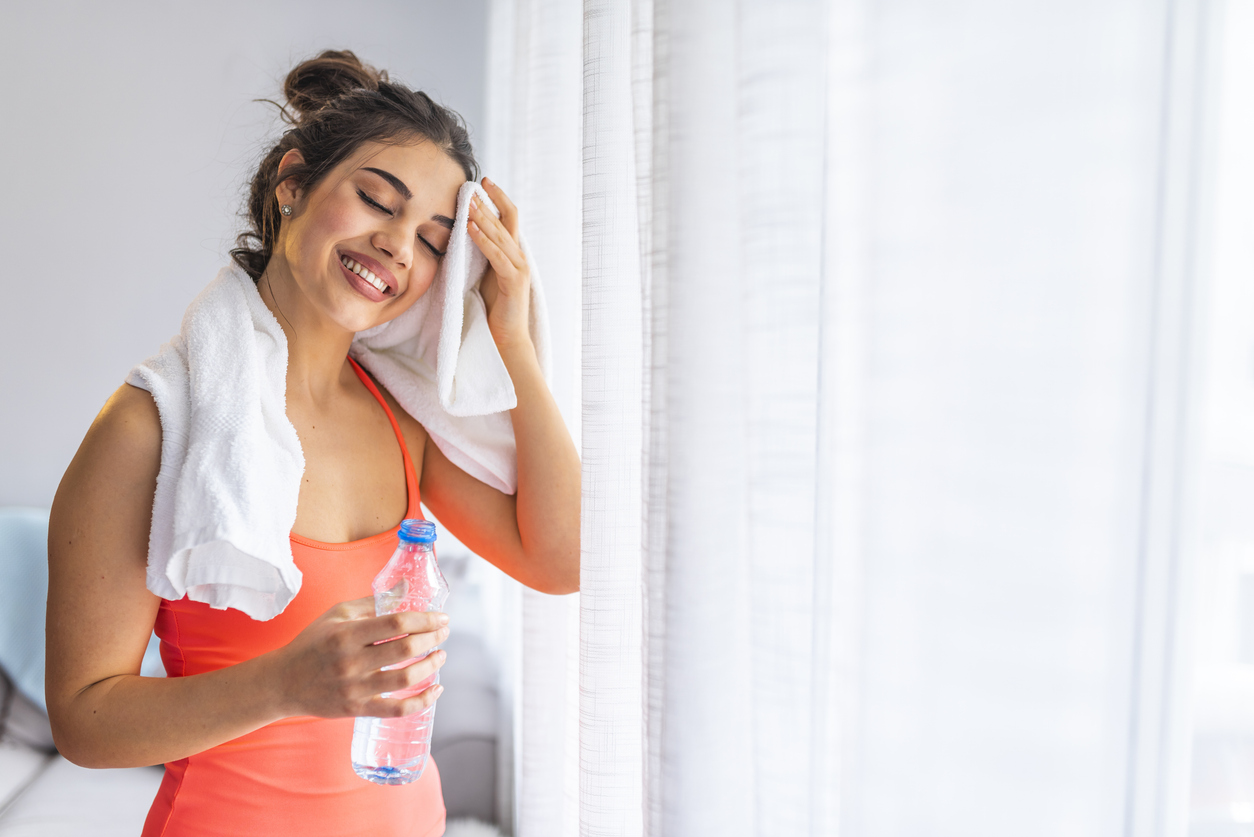Vaccines have been hotly debated in recent years. But perhaps, none has been more controversial than the vaccine for preventing cervical cancer that develops from the human papillomavirus (HPV), the most common sexually transmitted infection (STI). India accounts for nearly one-third of the world’s cervical cancer deaths, while only accounting for about 1/5 of the total number of cases demonstrating the deadliness of the disease in the country. These are pretty stark statistics for the only cancer with a 95% effective vaccine.
So, where is the problem? Despite the vaccine being incredibly safe and recommended by all health authorities around the world including the Indian Academy of Pediatrics, misinformation continues to spread, fuelling a dangerous reluctance to vaccinate. At Veera, we want to empower you with the knowledge to make your own health decisions and ask your doctor for the HPV vaccine. Keep reading for the most common myths and facts surrounding the HPV vaccine.
Myth 1: Getting the vaccine may encourage young girls to have sex
Fact: A lot of parents fear that even acknowledging the fact that their children would eventually have sex will encourage young adults to engage in sexual activity. However, this fear is completely unfounded! Moreover, regardless of when a girl becomes sexually active, the most important thing to recognise is that they are adequately protected from cancer. The vaccine is most effective when given prior to starting sexual activity before they’re exposed to HPV.
Myth 2: The HPV vaccine is unsafe
Fact: Whoever said that the HPV vaccine is unsafe was wrong! Millions of people have been vaccinated, and the HPV vaccine has the best safety profile of all vaccines. The most significant risk of the vaccine is a severe allergic reaction, however, this could happen with any medication or food you ingest and is still highly unlikely. Usually, the main side effects are mild including pain at the place of injection, fever, dizziness and nausea.
In 2011, Indian Council of Medical Research (ICMR) and PATH (a US-based not-for-profit non-governmental organization) sponsored a vaccination program that was stopped short due to 4 deaths in young girls, which received considerable media attention. After further investigation, none of the deaths were in-fact related to the HPV vaccine, and the vaccine continues to be recommended by health authorities. No deaths from the HPV vaccine have been reported worldwide and is safe for use.
Myth 3: Only young girls should vaccinate themselves for HPV
Fact: The Advisory Committee on Immunization Practices currently recommends routine vaccination of females aged 11–12 years with three doses of the HPV vaccine. Vaccination can be given to females as young as 9 years as well as in those aged 13–26 years who have not previously completed vaccination. Recently, the Centres of Disease Control and Prevention approved the vaccine to be given to women up to the age of 45 if they have not been previously vaccinated, but with the understanding that it may be less effective if the person is sexually active and has already been exposed to HPV.
Myth 4: The HPV vaccine is not effective
Fact: While there are over 200 strains of HPV, there are two types 16 and 18 that account for over 75% of all cervical cancer cases. There are currently three approved cervical cancer vaccines (Cervarix, Gardasil, and Gardasil 9) and all three protect against these two high-risk strains. Other minor strains account for the remaining cases and the most recent vaccine, Gardasil 9, covers 9 different high-risk strains increasing the number of cases it protects against. While the vaccine is over 95% effective at preventing cervical cancer from these common high-risk strains, the strains not covered by the vaccines could still lead to cervical cancer, therefore it’s important to continue routine screening with Pap smears, HPV testing, and visual inspection (or colposcopy) by your gynaecologist.
Moral of the story: The HPV vaccine is effective at preventing cervical cancer from the most common high-risk HPV strains.
Myth 5: HPV vaccine causes infertility
Fact: No study has ever concluded that the HPV vaccine could cause infertility. The truth is, it is common for couples to be infertile, and they might sometimes need treatment but it is completely unrelated to the HPV vaccine. Cervical cancer can afflict women in the reproductive years as early as in their 20s, so its important to get vaccinated and see your gynaecologist for routine screening.
Myth 6: You do not need to be vaccinated if you already have HPV
Fact: The HPV vaccine is a series of three vaccines given 1-3 months apart, ideally given before sexual activity. For low-risk HPV strains, it may still be beneficial to receive the vaccine. However, if you’ve already tested positive for a high-risk HPV strain, the vaccine will not be effective and it will be important for you to get regular screening for cervical cancer. Talk to your doctor about whether you should still get the vaccine as this would require individualized treatment.
As they say “an ounce of prevention is worth a pound of cure!” Talk to a doctor at Veera today about getting the HPV vaccine!
Disclaimer: Content on Veera is provided for informational purposes only and is not intended as medical advice or as a substitute for medical advice given by a physician or trained professional.
References:
[1] Bednarczyk R. A. (2019). Addressing HPV vaccine myths: practical information for healthcare providers. Human vaccines & immunotherapeutics, 15(7-8), 1628–1638. https://doi.org/10.1080/21645515.2019.1565267[2] Kaarthigeyan K. (2012). Cervical cancer in India and HPV vaccination. Indian journal of medical and paediatric oncology : official journal of Indian Society of Medical & Paediatric Oncology, 33(1), 7–12. https://doi.org/10.4103/0971-5851.96961[3] Kumar, S., & Butler, D. (2013). Calls in India for legal action against US charity. Nature. doi:10.1038/nature.2013.13700[4] Roy, S., & Shankar, A. (2018). HPV Vaccination of Girl Child in India: Intervention for Primary Prevention of Cervical Cancer. Asian Pacific journal of cancer prevention : APJCP, 19(9), 2357–2358. https://doi.org/10.22034/APJCP.2018.19.9.2357[5] Vázquez-Otero C, Thompson EL, Daley EM, Griner SB, Logan R, Vamos CA. Dispelling the myth: Exploring associations between the HPV vaccine and inconsistent condom use among college students. Prev Med. 2016;93:147-150. doi:10.1016/j.ypmed.2016.10.007



















